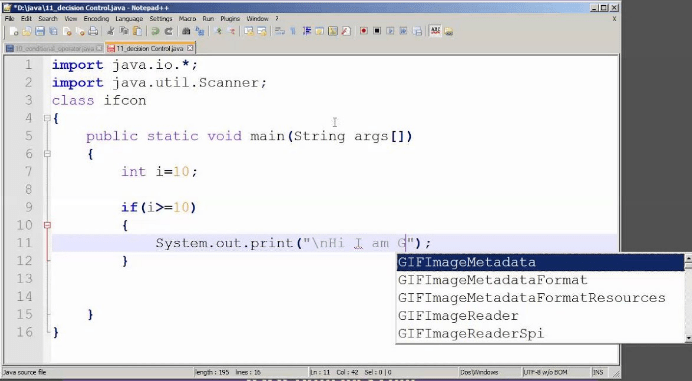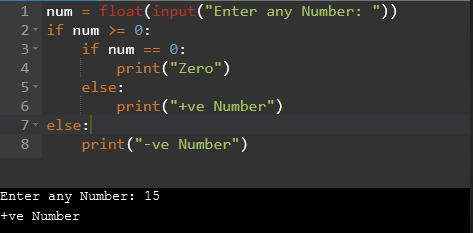The foundation of any computer program is a conditional statement. They enable a programme to decide based on certain circumstances, allowing it to do various actions in various cases. This skill is essential for producing responsive, dynamic software that can change its behaviour depending on the situation.
Understanding Conditional Statements:
Control structures, commonly called conditional statements, are fundamental building blocks in programming languages. They enable programmers to regulate how a program is executed based on particular circumstances.
There are primarily three types of conditional statements:
If Statements:
- The “if” condition is a fundamental form of conditional statements. It evaluates a condition and, if true, executes a block of code.
- If the condition is “false”, the compiler will skip the block code.

If-Else Statements:
- The “if-else” statement extends the functionality of the if statement. If the condition is “false”, the compiler will execute an alternative set of instructions.

Switch Statements:
- The “switch” statement is available in some programming languages and executes one of many code blocks.
- It is particularly beneficial when there are multiple cases to consider.

Significance of Conditional Statements:
Decision Making:
Programmes can make judgements depending on data or human input using conditional expressions. For developing dynamic and responsive software, this is essential.
Control Flow:
They regulate the execution of the program. A program can select which lines of code to run and which to skip using conditional expressions.
Error Handling:
Conditional statements are essential for addressing errors. They assist in identifying extraordinary cases and in running particular codes to handle certain circumstances gracefully.
Handling User Input:
The validation and processing of user input both require conditional statements. An “if” statement in a login system checks if the entered password matches the stored one.
Loop Control:
Conditional statements are frequently used to manage the iteration process. It’s up to them to continue or end the loop.
Data Filtering and Sorting:
Conditional statements are used in data processing operations to filter or sort data according to predetermined criteria. It is crucial for jobs like looking for particular items in a list.
Conclusion:
In programming, conditional statements are essential tools. They allow programmers to design responsive, interactive, and flexible programs. Knowing how to use programming languages effectively is crucial for programmers. Programmers can develop software that can respond to various inputs and scenarios by understanding conditional statements.

